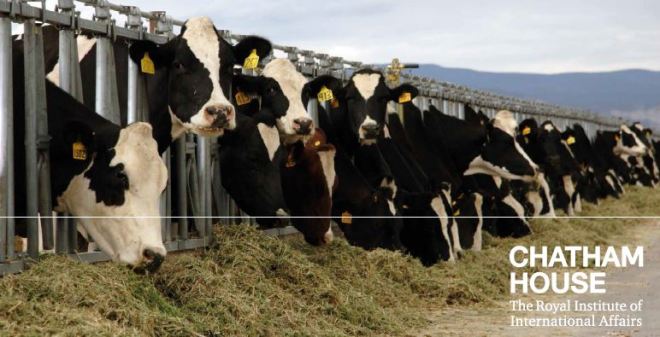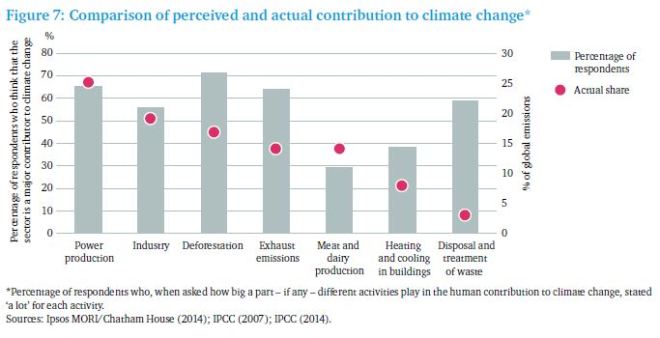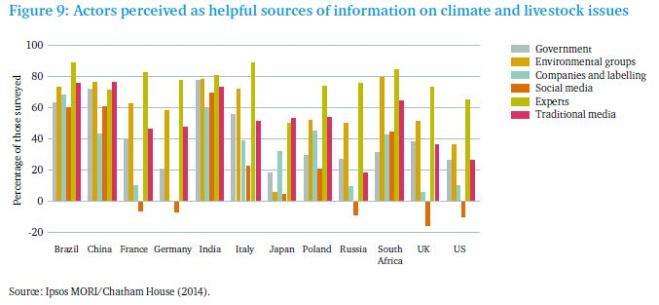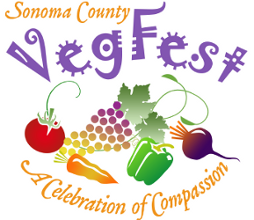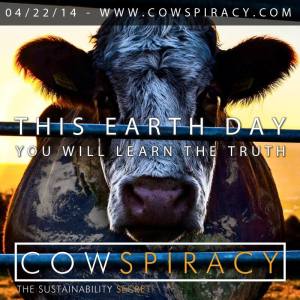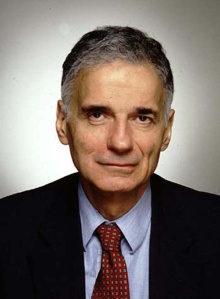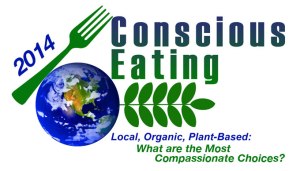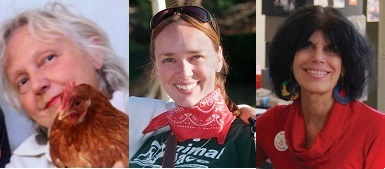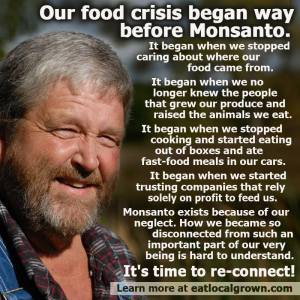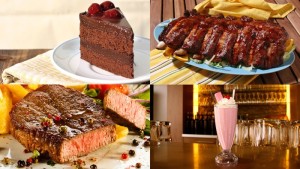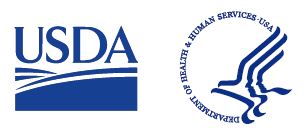 Following up on my previous post about the Dietary Guidelines, I wanted to give you more information about submitting comments.
Following up on my previous post about the Dietary Guidelines, I wanted to give you more information about submitting comments.
I created this one-page sheet (Update – submission period has been extended to May 8) with information about the new Guidelines and why it is so important to submit comments.
I heard author and nutritionist Marion Nestle interviewed on KPFA (Up Front, Feb. 25) last week. She talked about how critical it is that the public weigh in on these guidelines. Ms. Nestle blogs at Food Politics, her latest post is not very reassuring:
Yesterday’s Hagstrom Report (daily ag newsletter) quotes USDA Secretary Tom Vilsack’s comments to the Commodity Classic on the Scientific Report of the 2015 Dietary Guidelines Advisory Committee:
The “folks who put those reports together … have freedom. They are like my 3-year-old granddaughter. She does not have to color inside the lines.”
His 5-year-old grandson, he said, “is learning about coloring within the lines.”
“I am going to color inside the lines,” Vilsack said.
Sounds like the USDA has no intention of doing what the DGAC recommends.
For those of you who don’t want to follow the link to find out about the Commodity Classic, I did, so you don’t have to.
Commodity Classic is where America’s farmers meet with success. Commodity Classic is open to all friends of corn, soybeans, wheat and sorghum—from growers to member associations to agribusiness to farm media. It’s a one-of-a-kind convention and trade show—farmer-focused and farmer-led.
I also found this quote from a Republican Senator from North Dakota in an article titled What’s the beef with meat? in the Dickinson (ND) Press.
Sen. John Hoeven, R-N.D., said in response to the USDA’s guidance that the committee should focus less on environmental impacts and solely on nutritional value of meals.
“The USDA should only focus on nutrition here. No extraneous factors should be taken into consideration,” Hoeven said. “We all want to have a healthy diet, especially for our children. That’s the main point. That’s what we need to be focusing on here.”
Please distribute the information about submitting comments widely. Big Ag, the ranchers and their congressional pawns are not going to give up without a fight.
I also wanted to point you to an online form created by the Physicians Committee for Responsible Medicine (PCRM) related to another part of the Guidelines and recommendations about cholesterol. PCRM is headed by Dr. Neal Barnard, author of many books including Power Foods for the Brain.
The report has also reversed decades of warnings against cholesterol. Decades of science have conclusively linked dietary cholesterol to cardiovascular disease, which kills nearly 2,200 Americans daily. The Physicians Committee is urging the USDA and DHHS to exercise its authority to reiterate prior federal recommendations that Americans limit their cholesterol intake.
In a petition filed today to the USDA and DHHS, the doctors group asks that the DGAC’s findings stating that “[c]holesterol is not a nutrient of concern for overconsumption,” be disregarded because the DGAC deferred entirely to a 2013 report by the American Heart Association and American College of Cardiology and one meta-analysis of egg consumption. The reliance on the American Heart Association and American College of Cardiology report does not comply with the spirit of the Federal Advisory Committee Act, which sets standards for bias among federal advisory committees.
Please take the time to fill out their online form.

